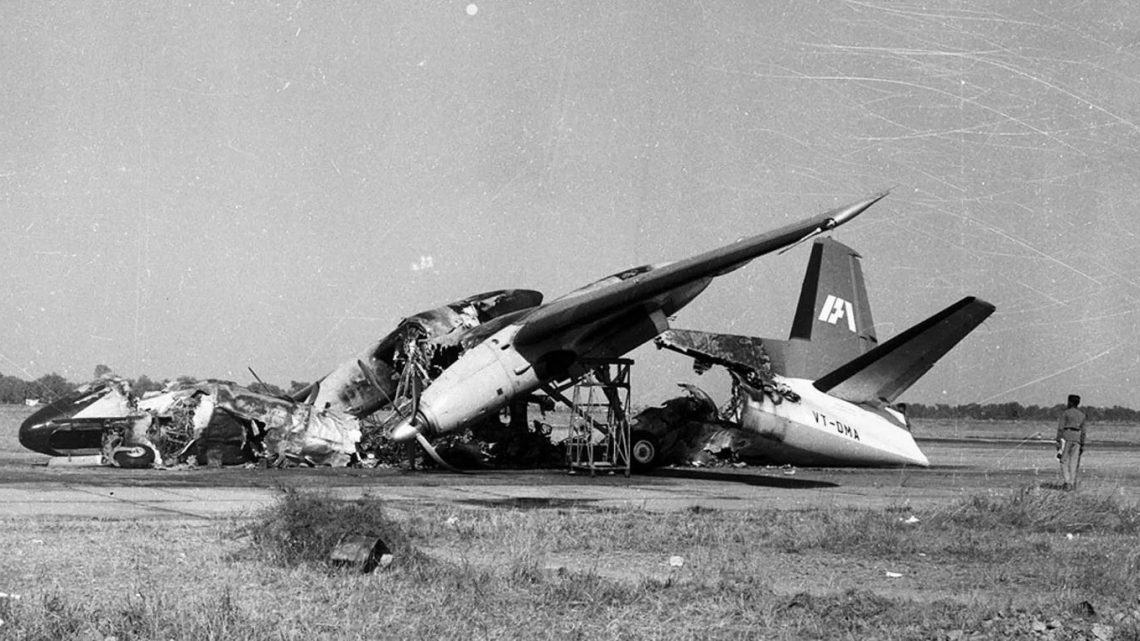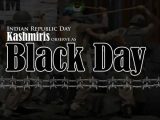
India Exposed_Hijacking of Ganga Plane, 30th January 1971
January 30, 2024In 1971, the Ganga Plane, originating from Srinagar, was hijacked and subsequently landed in Lahore. Following this event, the aircraft was exploded, leading to India accusing Pakistan and subsequently suspending all flights from India. To gain a comprehensive understanding of this incident, it is imperative to delve into the events of 1970-71.
The political landscape during this period was marked by the aftermath of the December 1970 elections, wherein the Awami League was slated to assume power. However, due to disagreements with Z.A. Bhutto, protests erupted in East Pakistan, resulting in a disruptive political environment. Sensing an opportunity, India strategically capitalized on the limited deployment of troops in East Pakistan, anticipating challenges for Pakistan in maintaining control if an intervention occurred.
India orchestrated a premeditated move to create a situation restricting Pakistan from utilizing its airspace. This operation involved the use of the decommissioned Fokker aeroplane, India Ganga, which had last taken flight in 1966-67. The Research and Analysis Wing (RAW), India’s intelligence agency, commissioned the reactivation of this Fokker plane for the staged incident. The hijackers, Hashim Qureshi and Ashraf Qureshi, revealed to be Indian spies and former Indian Border Security personnel, carried out the operation.
Onboard the plane were 26 passengers, all Indian service officers and their spouses. Upon landing in Lahore, India accused Pakistan of supporting the hijackers, claiming them to be Pakistani-backed Kashmiri Mujahideen seeking asylum. Z.A. Bhutto, who had already lost credibility by January 1971, provided asylum to Hashim Qureshi and Ashraf Qureshi. Subsequent to the passengers’ evacuation, the hijackers detonated the plane. India, leveraging the incident, blamed Pakistan, leading to the closure of Pakistani airspace and complicating the Pakistan Army’s efforts to send supplies to East Pakistan.
The ensuing conflict between India and Pakistan persisted for a year, with West Pakistan encountering difficulties in supporting East Pakistan. This calculated move by India proved to be a detrimental masterstroke. In the aftermath, the hijackers faced a legal trial, resulting in Hashim Qureshi’s conviction and 26-year imprisonment. In 1980, Pakistan released Hashim Qureshi, and a settlement orchestrated by RAW facilitated his relocation to the Netherlands. Presently, Hashim Qureshi enjoys certain privileges in Srinagar.

